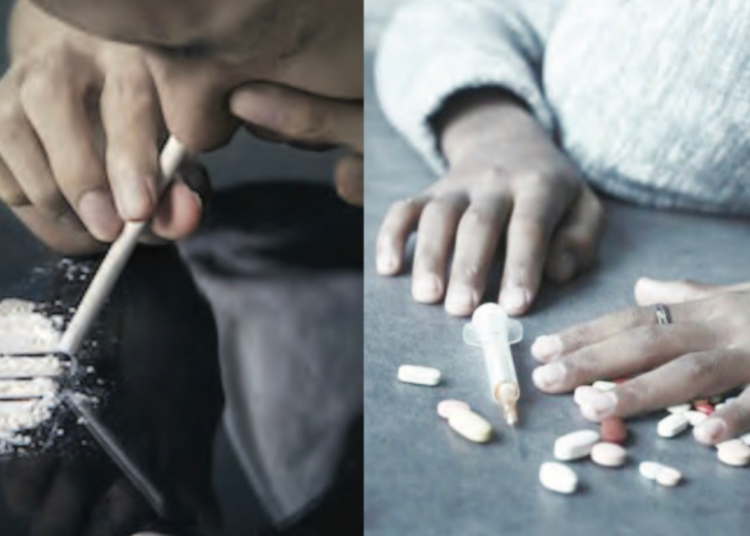Seeing a helpless youth in a messed up state and unable to do normal function and normal coordination is not just appalling but grossly pathetic. Is this the fault of their indulgence? Was it peer pressure? ’’In Nigeria, a population of 30 to 35 million spends approximately USD $15,000 and USD $30,000 annually on psychotropic drugs and alcoholic beverages, respectively. The abuse of drugs and other substances and associated crime have driven the considerable rise in the number of youths imprisoned in recent years. A report by the United Nations Office on Drug and Crime (UNODC) in Nigeria indicates that 14.4 per cent (14.3 million) of people aged between 15 and 64 years abuse drugs. The statistical analysis of the findings of a 2015 nationwide survey of 10,609 respondents showed that alcohol is the drug with the highest prevalence rate, whereas cannabis is the most abused illicit drug. Drug abuse in Nigeria is prevalent across educational levels and reaches down to the secondary school level.’’
Addiction according to Wikipedia is a neuropsychological disorder characterised by a persistent and intense urge to use drugs or engage in a behaviour that produces natural reward, despite substantial harm and other negative consequences. Repetitive drug use often alters brain function in ways that perpetuate craving, and weakens (but does not completely negate) self-control. This phenomenon – drugs reshaping brain function – has led to an understanding of addiction as a brain disorder with a complex variety of psychosocial as well as neurobiological (and thus involuntary) factors that are implicated in addiction’s development. Classic signs of addiction include compulsive engagement in rewarding stimuli, preoccupation with substances or behaviour, and continued use despite negative consequences. Habits and patterns associated with addiction are typically characterised by immediate gratification (short-term reward), coupled with delayed deleterious effects (long-term costs).
Examples of drug (or more generally, substance) abuse include addictions to alcohol, marijuana, amphetamin, cocaine, nicotine, opioid, and eating or food addiction. Alternatively, behavioural addictions may include gambling, internet, social media, video game and sexual addiction.’’
When something is neuropsychological, it’s clear that the brain has been disrupted from its normal function. Addiction and its struggles are seen from one end of the nation to the other, every day, there are people faced with a strong pull to douse their feelings with one form of addiction to the other in search of immediate gratification from the pending issue. For something that threatens a person’s basic health and safety implies that people should run the other way but reverse is the case, people will run to alcohol and other addiction with their full defence saying they have it under control.
In the complex world of addiction, pointing fingers doesn’t solve the problem. Addiction is a multifaceted issue, and it doesn’t discriminate. Some are exposed to it early, while others make choices later in life. Blame won’t set us free, but understanding and compassion can. One of the first steps to overcoming addiction is self-awareness. It’s about acknowledging the choices we’ve made and their consequences. Whether you started young or later in life, taking responsibility is empowering.
Sobriety isn’t an overnight miracle; it’s a daily commitment to living better. It’s about knowing your limits, recognising triggers, and making choices that nurture your well-being. Prevention is crucial. Teaching young ones about self-control, resilience, and delayed gratification is a gift for their future. Let’s create a world where they are equipped to face challenges with strength and not seek solace in substances.
To those on the path to recovery, know that you’re not alone. Countless individuals have walked this road and found healing and wholeness. Reach out for support, share your struggles, and connect with those who understand. No matter where you are in your journey, there is hope. Every day is a new chance for change. Sobriety and wholeness are within reach. You are capable of reclaiming your health and life.
Addiction is a battle, but it’s a battle that can be won. Let’s replace judgment with understanding, blame with compassion, and despair with hope. Together, we can support each other on the road to recovery and healing.











